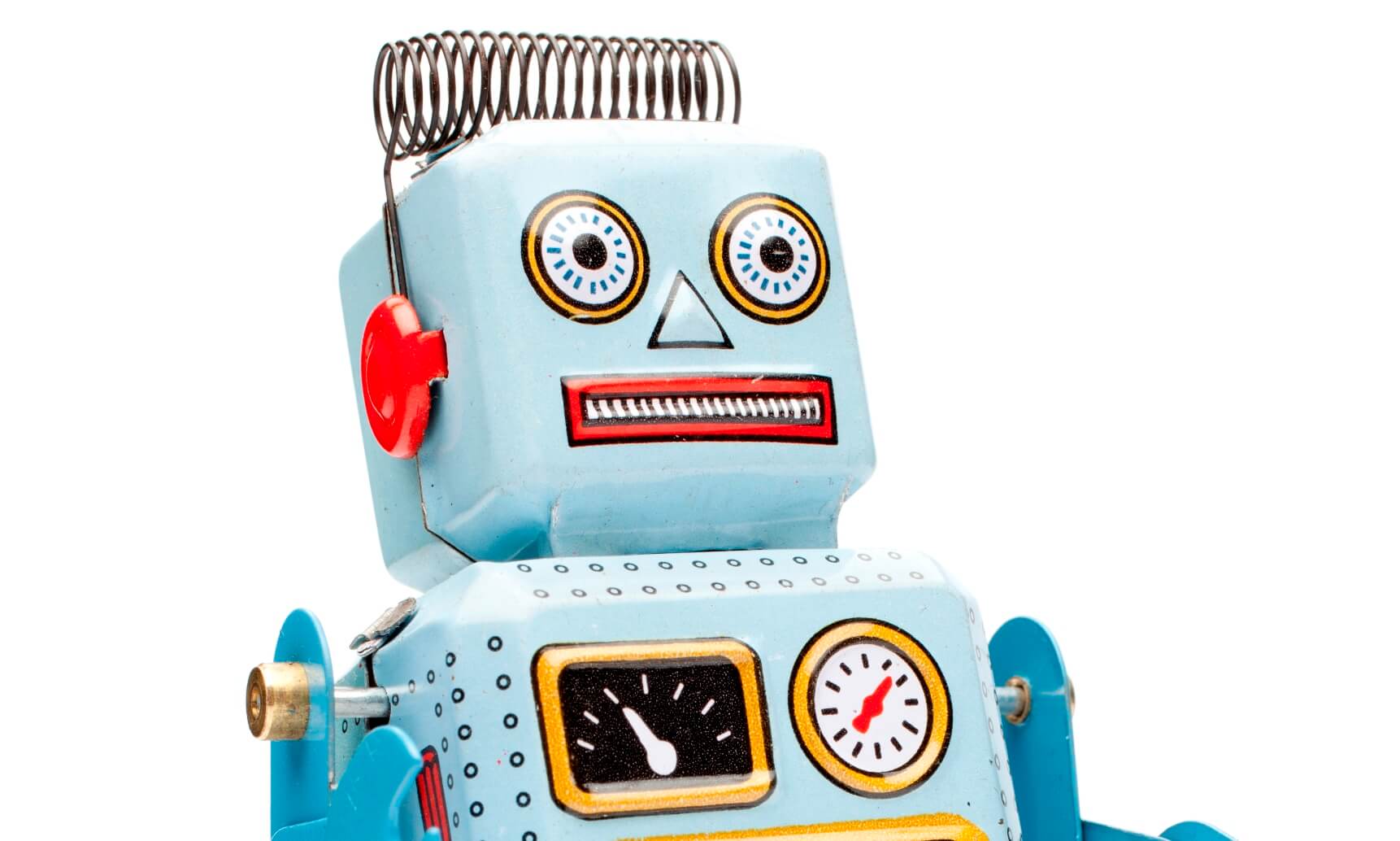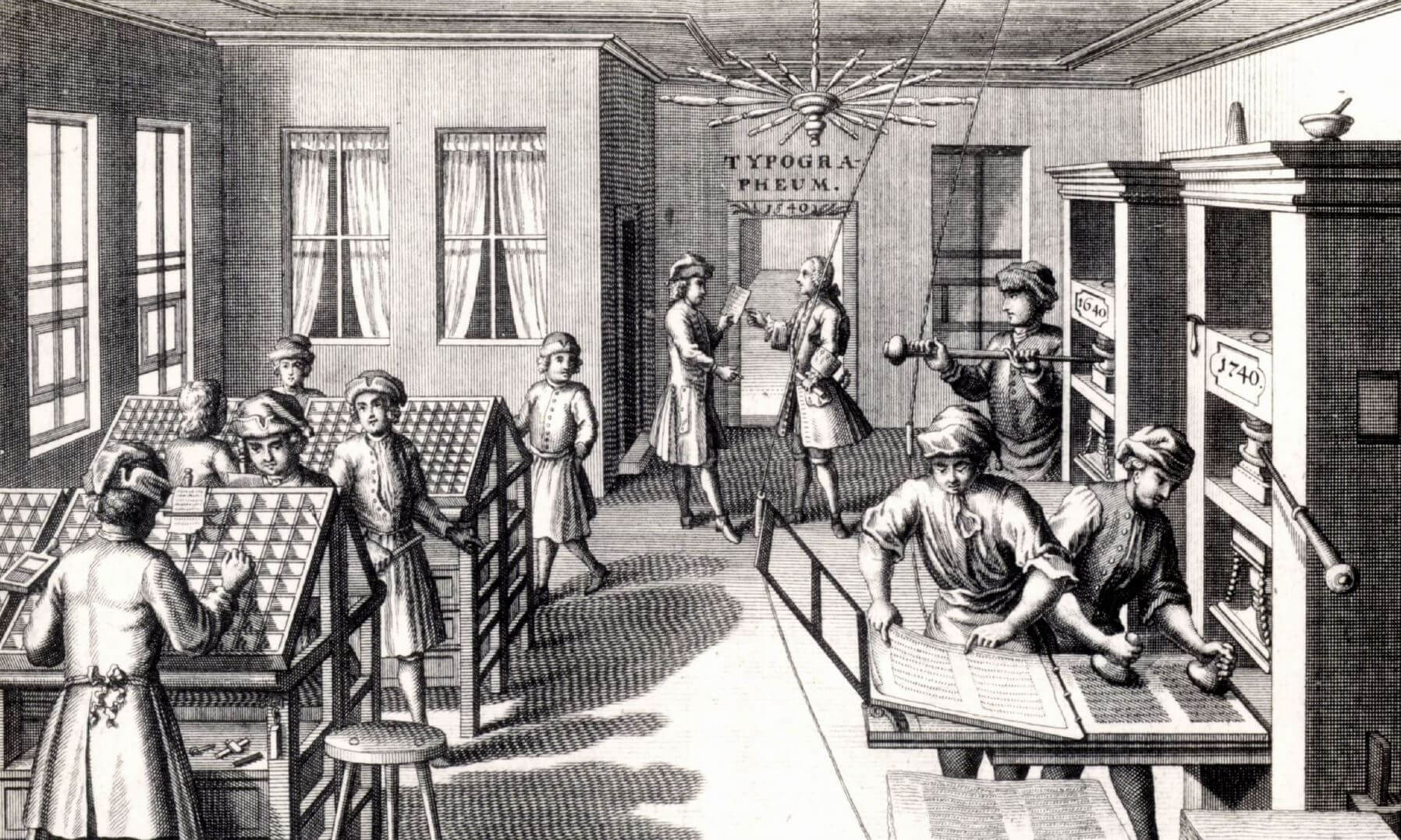Hashtag activism has brought a wide range of pressing issues to the forefront of people’s consciousness. Here are some tips for fighting injustice by starting a social media movement of your own.


Hashtag activism has brought a wide range of pressing issues to the forefront of people’s consciousness. Here are some tips for fighting injustice by starting a social media movement of your own.

Imagine the elation at witnessing a cosmic event that occurred millions of years ago! That’s what happened in October this year when scientists announced the ripple effect (literally) of two neutron stars crashing into each other around 130 million years ago.

Nothing is quite what it appears to be! At least that’s the case in the photograph’s of Matthew Albanese.

What are your thoughts on living in a constantly plugged-in world with a digital device always close to hand? What are the benefits and drawbacks?

Building a city on Mars is full of unknown risk. The United Arab Emirates plan to build a Martian city…on Earth…within the next ten years or so to plan for the real thing.

What if you could look at a building through your smartphone and see a layer of information about what’s inside? Well, you can with augmented reality technology. Here’s an illustrated explanation.

This article examines the complexities of farming technology and its environmental impact since the invention of John Deere’s steel plow in 1833.

These risks taken by famous business leaders led to big rewards.

Interested in robots? How about a career in science and technology? Click this link to learn about an organization called FIRST and its Robotics Competition teams.

Technology companies have been experimenting with using artificial intelligence to communicate with users. Should we be worried?

When you think of nature, you probably don’t think of cities. But new building methods can help cities work as part of nature in ways that benefit everyone.

Although much attention is paid to how countries make laws concerning fossil fuels such as oil, gas, and coal, that’s not how change will be made. Instead, companies are increasingly seeing the financial sense renewable energy makes.

Columbia University graduate student Nick Donias argues that protest movements must move beyond slogans and hashtags in order to affect long-term change.

Social media has become a useful tool when seeking and disseminating information during a national disaster, but there are a few risks to keep in mind.

Is the solution to economic inequality for billionaires to give it back? Author David Callahan talks to the University of Pennyslvania’s Knowledge@Wharton podcast host about his new book, The Givers: Wealth, Power, and Philanthropy in a New Gilded Age, in which he wites about this topic.

As sequencing one’s genes becomes more common, the field of social genomics is growing.

Fears about the negative effects of technology are nothing new. Look back through history at how people responded to technological change.

Tech companies such as Facebook and Google are urging customers to oppose changes to net neutrality rules. Read more about the issue in this article.

Read how former video game designer Howard Scott Warshaw turned failure into a career in which he helps others going through the same thing. Read or listen to the other articles in the “Total Failure” series for more stories of lessons learned.

Good design isn’t just nice to look at; it can also save lives. Read about a school desk designed for disaster.